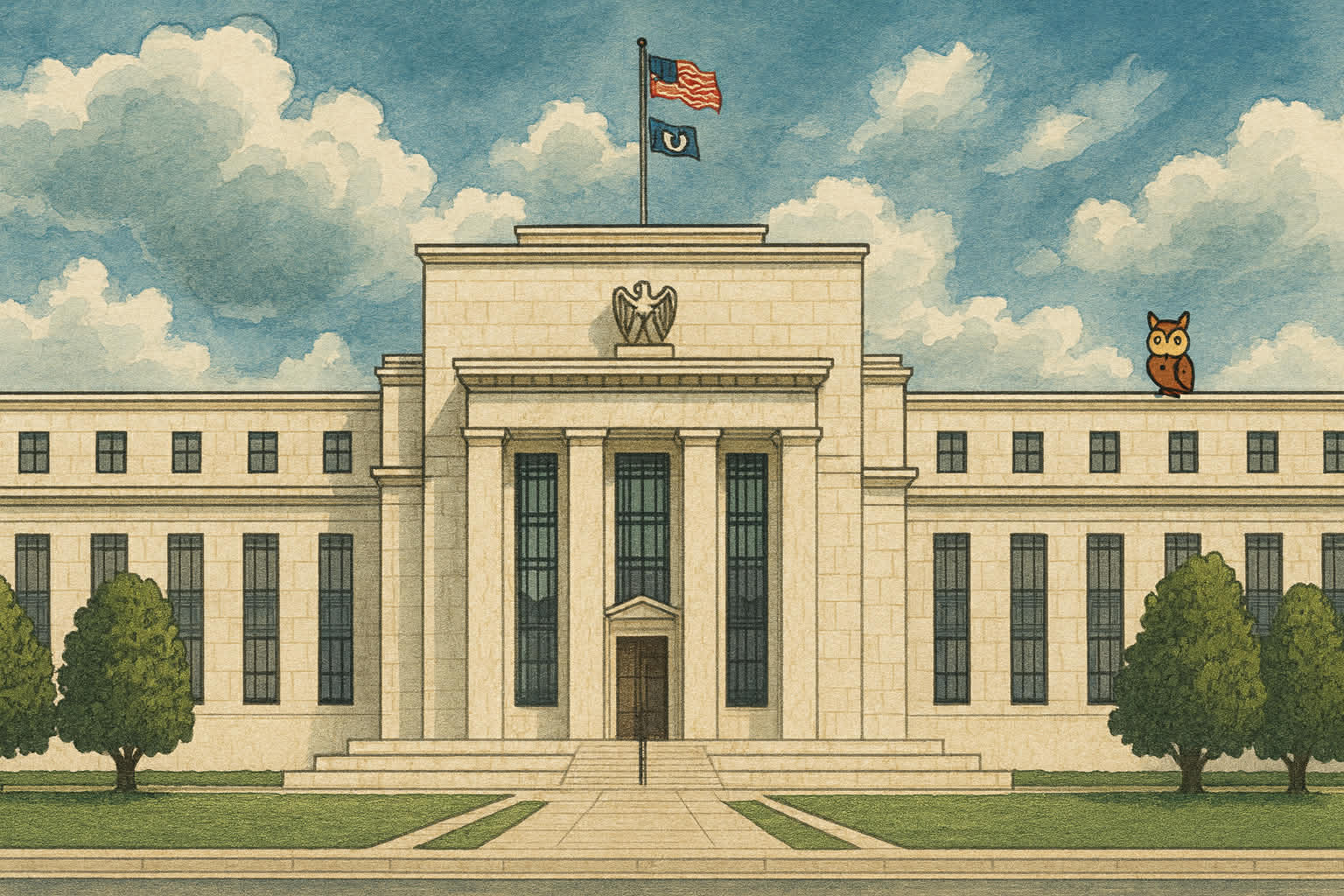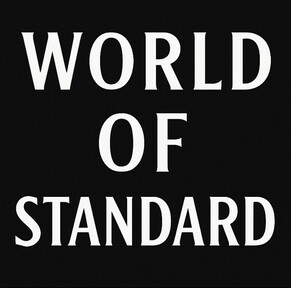How does the Fed (the U.S. national bank) affect the economy of Bosnia and Herzegovina?
24.11.2025Numerous clients within StandardPrva often ask us how the activities of the U.S. Federal Reserve (the Fed) and changes in interest rates affect the economy of Bosnia and Herzegovina.
Although it may seem that the decisions of the American Fed are very distant from local economic developments, their effects indirectly reach Bosnia and Herzegovina. This happens through global financial markets, Euribor movements, borrowing costs, and the impact on investments, exporters, the banking sector, and households.
The global domino effect: from the Fed to the ECB
When the Fed raises interest rates, investors redirect capital toward the U.S. because of higher returns. The dollar strengthens, and pressure increases on other central banks to raise their own rates. The European Central Bank (ECB) often reacts in such circumstances with some delay, but in the period 2022–2023 it significantly increased interest rates in order to stabilize the euro and curb inflation.
Euribor and the currency board: how the impact is transmitted to Bosnia and Herzegovina
Bosnia and Herzegovina has a currency board with a fixed exchange rate of the mark to the euro. This means that the Central Bank of Bosnia and Herzegovina does not set interest rates – the domestic market necessarily follows developments in the eurozone.
When the Fed and the ECB raise their rates, loans in Bosnia and Herzegovina also become more expensive, with some delay. Most loans in Bosnia and Herzegovina are tied to a variable interest rate indexed to Euribor, so an increase in Euribor automatically raises monthly installments.
In the period 2022–2023, Euribor rose from a negative level to around 4%, which significantly increased borrowing costs. The average mortgage installment increased by up to 20% over two years.
Banks partly eased the pressure by limiting the rise of variable rates or introducing initial fixed rates. Regulatory measures also prevented the full transmission of the Euribor increase to domestic loans, so interest rates in Bosnia and Herzegovina rose much less than in the eurozone.
Consequences for the economy of Bosnia and Herzegovina
Borrowing costs
More expensive loans affect the state, companies, and citizens. Rising interest rates discourage excessive borrowing and increase the burden on debtors.Investments
High interest rates reduce the profitability of investments and may delay planned projects. However, lending to the economy has not completely stopped – it has just become more selective and cautious.Exporters
A strengthening dollar can increase the competitiveness of exports in markets where trade is conducted in the U.S. currency, but it makes the import of raw materials more expensive. Global slowdown, which arises as a consequence of high interest rates, reduces demand for Bosnian exports, especially in the EU.The banking sector
Banks achieve higher interest income, but the risk of bad loans also increases. Therefore, they cautiously raise interest rates on both loans and deposits, with stricter monitoring of repayment.Citizens
Borrowers with variable interest rates pay higher installments, especially for housing loans. This reduces disposable income and leads to a decline in consumption. Savers, on the other hand, receive slightly higher returns on term deposits.
Conclusion
The decisions of the Federal Reserve have a global reach and indirectly shape economic conditions in Bosnia and Herzegovina. Through Euribor movements and ECB reactions, they determine the cost of money in our market. Since Bosnia and Herzegovina, due to the currency board, feels almost every major shift in global monetary policy, understanding these mechanisms is important for both companies and citizens so they can timely plan investments, borrowing, and financial risk management.
If you are interested in more information on this topic, feel free to contact us. We are open for discussion.
/ / /
"Standard Prva" LLC Bijeljina is a company registered in Bijeljina at the District Commercial Court in Bijeljina. Company’s activities are accountancy, repurchases of receivables, angel investing and other related services. Distressed debt is a part of the Group within which the company repurchases the receivables, which function and are not returned regularly.
Lawyer’s Office Stevanović is the leading lawyer’s office in the region with the seat in Bijeljina. The LO abbreviation represents Lawyer’s Office of Vesna Stevanović and Lawyer’s Office of Miloš Stevanović.
Contact for media press@advokati-stevanovic.com or via telephone 00 387 55 230 000 or 00387 55 22 4444.




